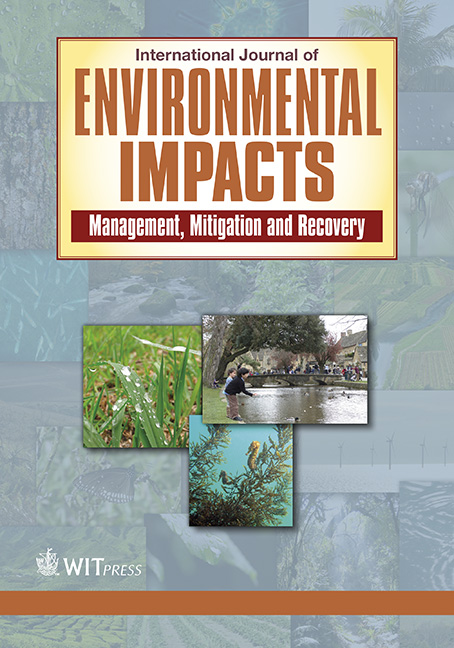Collection and composting of organic waste: a case study in the city of Beira, Mozambique
Price
Free (open access)
Volume
Volume 5 (2022), Issue 3
Pages
11
Page Range
259 - 270
Paper DOI
10.2495/EI-V5-N3-259-270
Copyright
WIT Press
Author(s)
Valentina Caminati, Marco Ragazzi, Silvia Silvestri, Federico Berghi, Dario Guirreri, Ada Castellucci, Isacco Rama
Abstract
In low-income countries, the organic is the prevalent fraction of the municipal solid waste (MSW) and its decomposition can create problems with processing, odour, biogas and leachate. On the other side it is an important resource because rich in organic matter and nutrients, which can be properly recycled. Therefore, it is essential to correctly send the organic fraction to a dedicated collection and valorisation flow. Within the LimpaMOS MOÇambique project, which is taking place in the cities of Beira and Nampula, numerous Italian and Mozambican actors from the public, private and no-profit sectors are involved. The project is mainly co-financed by the Italian Agency for Development Cooperation. One of the objectives of the project is to strengthen the proper management, separation, valorisation and disposal of MSW. The composting process is a valid solution for the treatment of the organic fraction as it allows a substantial reduction in the volume of putrescible material stored in landfills, and at the same time it makes it possible to produce and sell a good quality soil conditioner. The research work carried out in this study focuses mainly on two aims: an analysis of the management of the Composting Centre (CeCom) which will be built in the city of Beira, and an investigation on the organic waste collection by local communities. In order to move the organic fraction further away from the urban context, a sub- sequent expansion of the input matrix of the CeCom is essential. The study wants to involve the city’s second main market, some restaurants and the harbour canteen in the process of separating, collecting and managing the organic fraction. However, this expansion cannot take place without the creation of institutionalised, trained and remunerated groups of local workers.
Keywords
municipal solid waste management, mozambique, low-income country, organic waste, markets, composting, dump, leachate, biogas, dump pickers.




